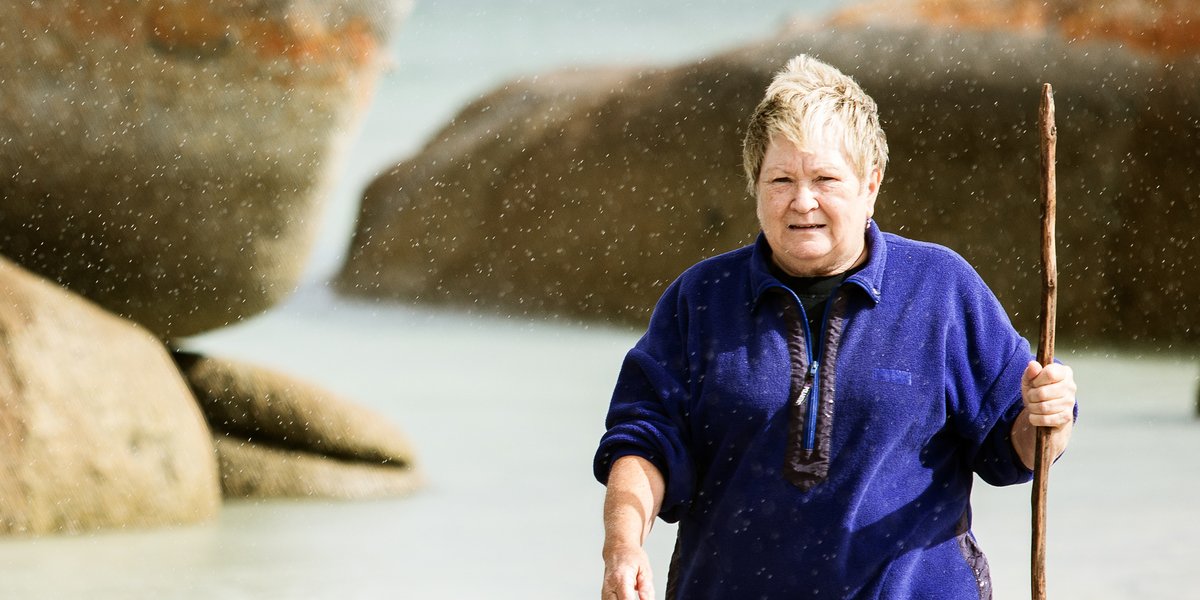Carleeta Thomas
“The dark history of lutruwita started a fire in my heart to let people know the true story of what happened to our women and our men."
"The first time I came to wukalina was the first time I came to my actual homeland. I felt a sense of connection the way I feel when I am home over on Cape Barren, very much in the presence of my ancestors.'
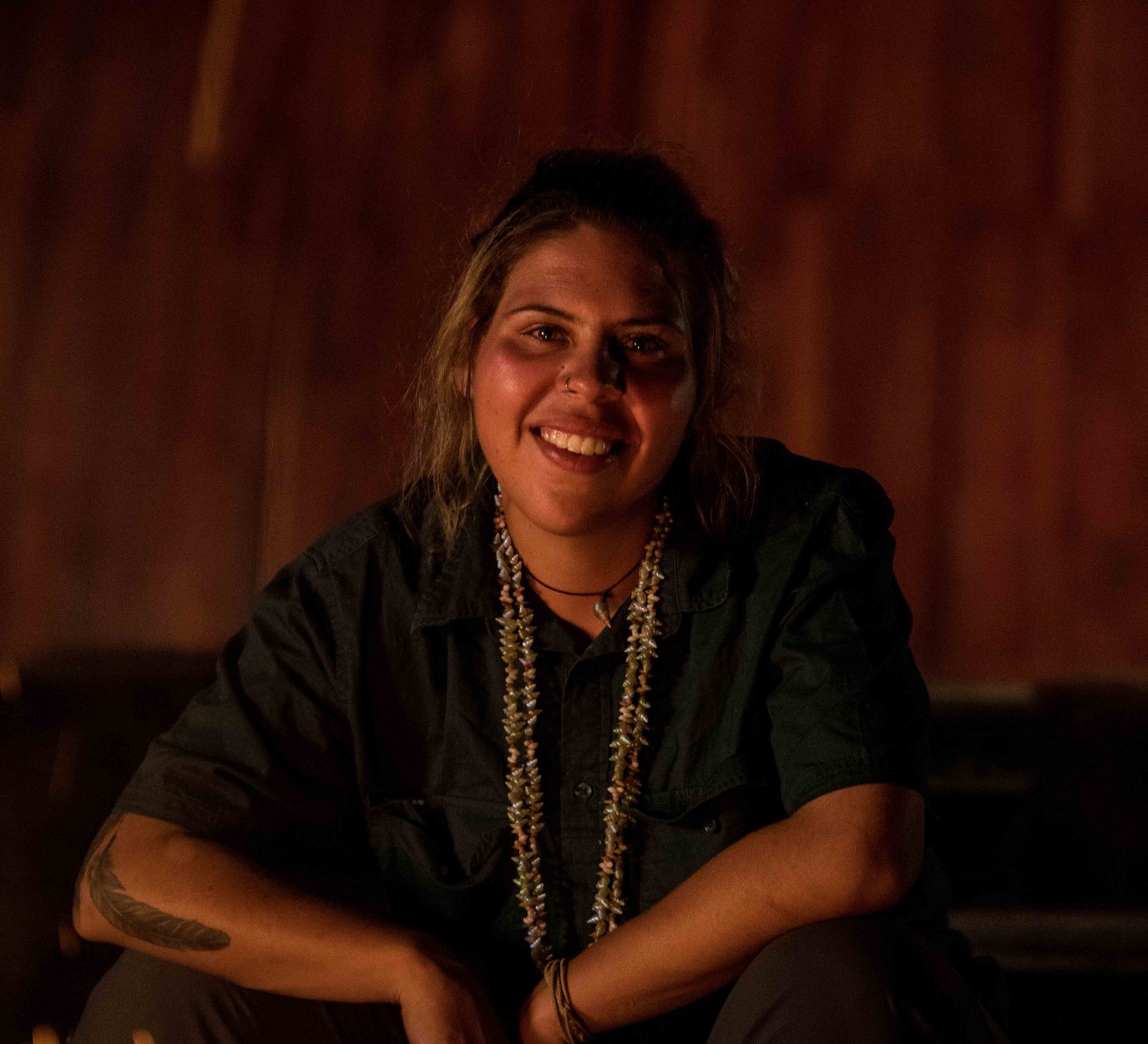
"A lot of our community comes from women who were taken by sealers to Cape Barren Island. They obviously went through some very hard times.
Mannalargenna, the chief warrior of the North East Nation, had a really hard choice, seeing women and children being taken. He gave up four of his daughters to the sealers. These strong-willed women and their children, who went through such hard times not being allowed to practice their culture, continued little bits of tradition, kept it alive, and brought it all the way to today.
The first time I came to wukalina was the first time I came to my actual homeland. This is the exact spot where the trawlwulwuy clan of the North East Nation lived. We link back to Mannalargenna. I felt a sense of connection the way I feel when I am home over on Cape Barren, very much in the presence of my ancestors.
I came into this job when I was very young. I was only 18. It gave me an opportunity to go out with Aunties, to collect shells, them teaching me how to string and to weave. My nan passed when I was very young so I didn’t get to learn from her. This is the revival of our culture: the weaving, the necklaces, the language… I am learning so much.
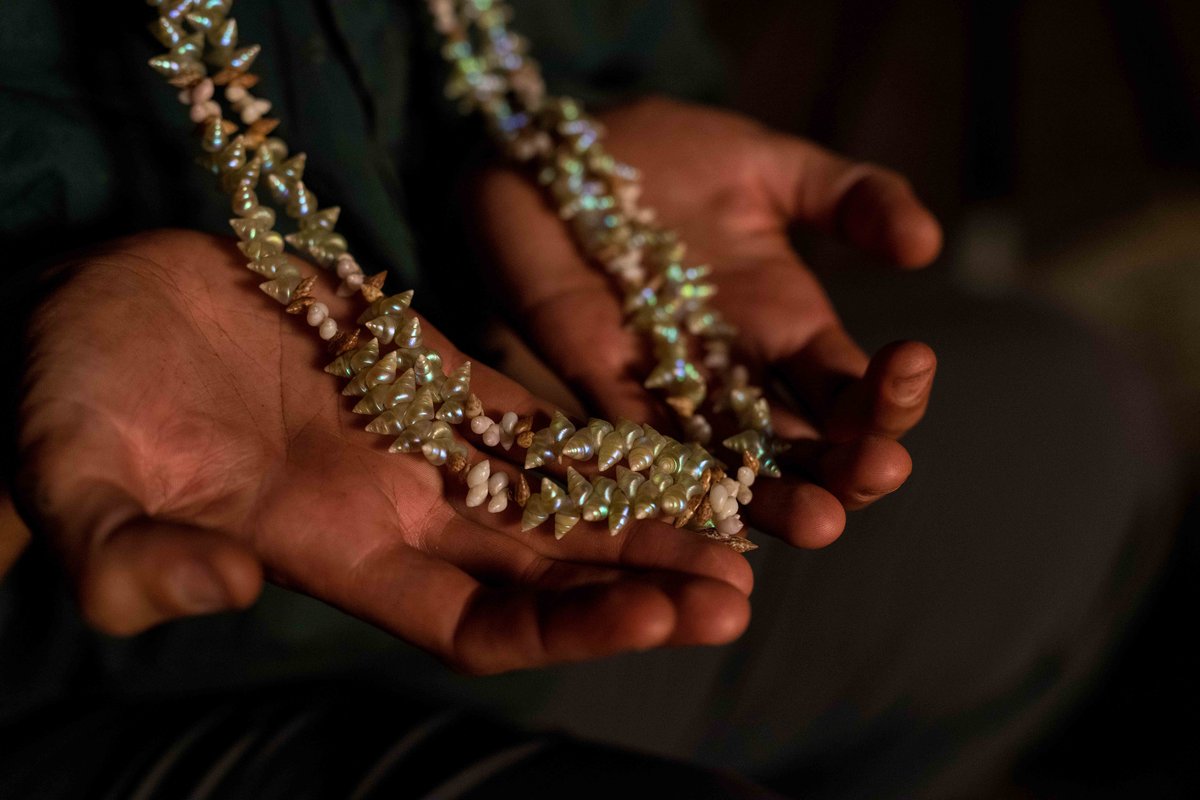
Our women, traditionally, were the sea gatherers and men were the land hunters. We would go out and gather all the shellfish and all the kelp, do the weaving, catch all the seals. Being able to grow up on Cape Barren and to go on the beach, to collect shells, and now to work with Aunties, even to share techniques, is so special for me.
Being able to come out here, as a job, and to make our guests feel that same sense of connection to our country and our ancestors, a part of our community, to tell the story, is such an amazing feeling.
My family have been mutton birding for generations. The way I learned the process was through my mum, my uncles, and my dad. The first time I was probably four or five. I helped catch and then I would go sit with my mum and aunties, to learn the process. It’s very hard work but that atmosphere, that togetherness, is like no other. We haven’t changed any aspect of the process since our old fellas were out doing it.
When I started I didn’t have any background in speaking to groups. I had none of that confidence in high school. You just need that couple of people who see that thing in you, that potential, to build you up over time. I would like to do that with a younger female who is struggling, trying to find her path. A lot of our younger ones lack that connection. I never thought I would be doing anything like this. Four years ago I couldn’t have imagined it.”
Carleeta is a guide on the wukalina Walk which is owned and operated by the Tasmanian Aboriginal community. The walk traverses palawa land over four days and three nights, and is a true Tasmanian Aboriginal cultural experience.

Carleeta Thomas is one of 18 Tasmanians featured in our short film about the Tasmanian story. Carleeta's scene was filmed at the wukalina Walk, in Tasmania’s North East.
Read about more Tasmanians
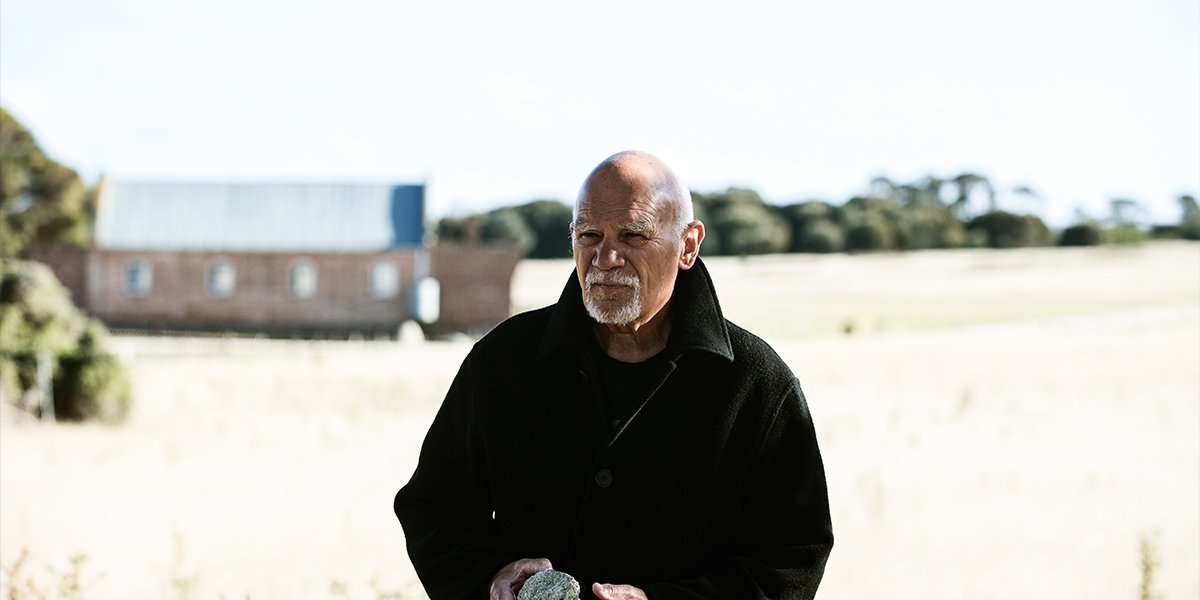
Rodney Gibbins
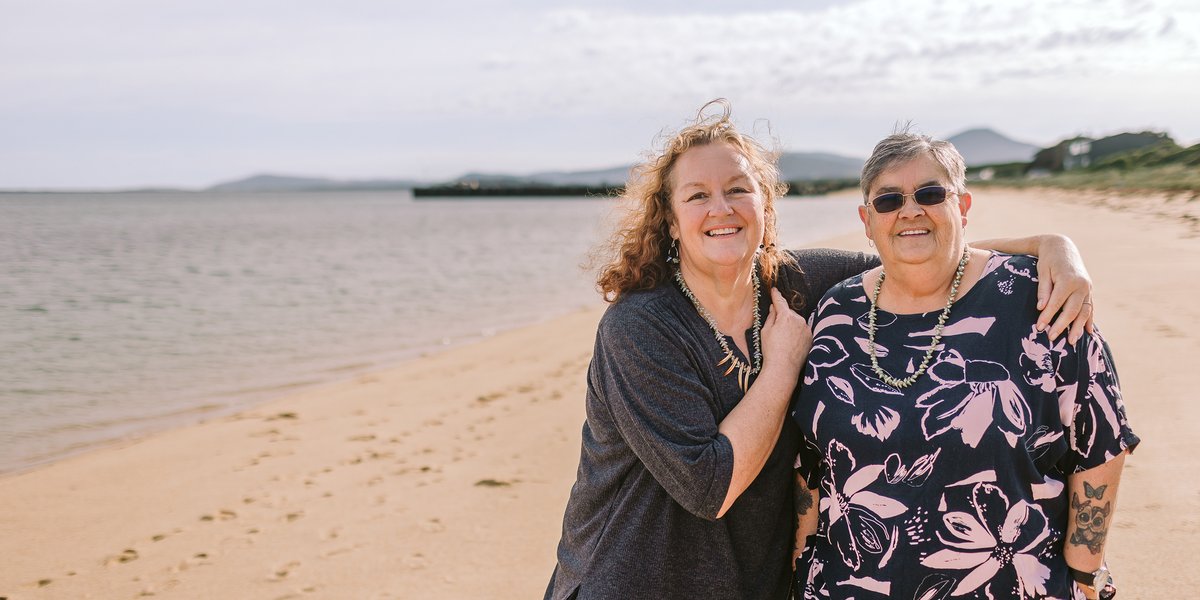
Aunty Verna Nichols & Tracy Purdon Walsh
